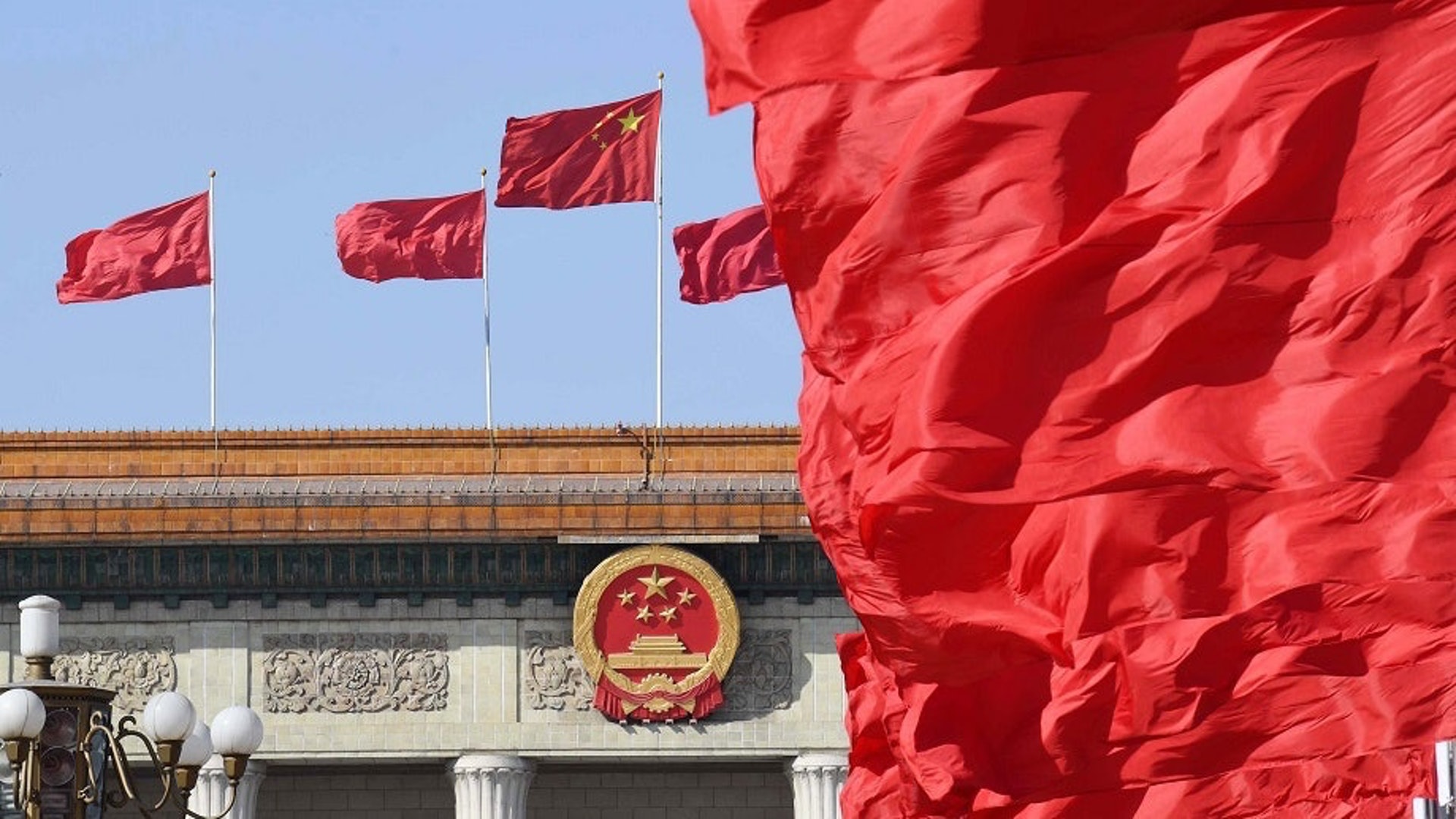Nigeria is expecting to receive more of its stolen Benin Bronzes back from the collectors and Western museums as early as next year as global Black Lives Matter protests spur repatriation campaigns, a senior official said.
Godwin Obaseki, the governor of Edo state whose capital is Benin City, expressed that his government has already begun discussing with relevant bodies to negotiate the return of the Benin Bronze. He added that the return would be a boost to the movement that seeks to restore heritage items stolen during the colonial-era loot.
According to Obaseki, plans are ongoing to build a centre that will store and study returned artefacts by 2021, and a permanent museum by 2025.
“The whole Black Lives Matter movement has … added some urgency to the conversation,” he said.
British soldiers seized thousands of metal castings and sculptures during a raid on the then separate Kingdom of Benin in 1897.
The “bronzes” – actually copper alloy relief sculptures, many showing court figures – were auctioned off and then spread among institutions from New Zealand to Germany and the United States, with the most significant collection in London.
The British Museum said discussions were ongoing but did not give details on timings.
“The question of objects that will feature in the new museum in Benin and how many will be determined through discussion with our Nigerian colleagues,” it said in a statement.
“A private collector returned one item in August, and four others had expressed interest in recent months in doing the same as early as next year,” Obaseki said.
“Funds will be raised over the next two years to build the three-storey Edo Museum of West African Art (EMOWAA), and work on a research office to store the first returns would start in March,” he said.
The museum would try “to make the world understand that there was a civilization in sub-Saharan Africa that compared with what was going on in Europe 400 or 500 years ago.”
Ghanaian-British architect David Adjaye, who will be overseeing the project, told Reuters it was “ridiculous” that Nigerians currently had to travel to Europe to see artefacts from their own culture.


